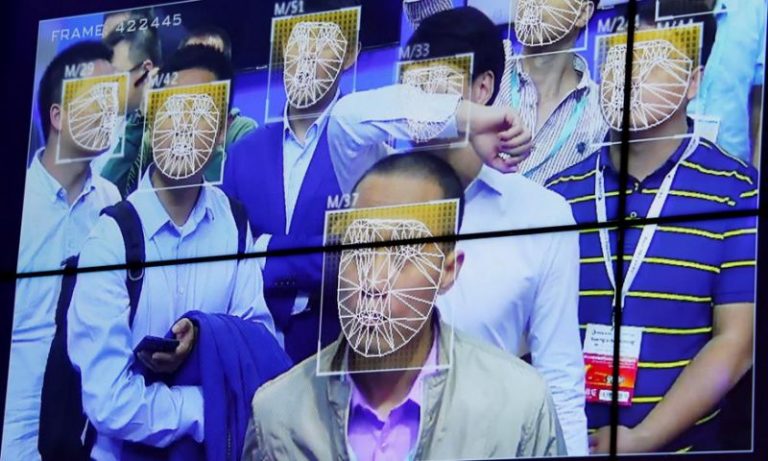Samantha Hoffman is an analyst of Chinese security issues at the Australian Strategic Policy Institute (Aspi). She recently published a paper entitled Engineering Global Consent: The Chinese Communist Party’s Data-Driven Power Expansion.
– Internet pioneers heralded a time when information would be set free, giving people everywhere unfiltered access to the world’s knowledge and bringing about the decline of authoritarian regimes… that’s not really happened has it?
Bill Clinton said that, for China, controlling free speech online would be like “nailing Jell-O to the wall”. I wish he had been right. But unfortunately, there was too much focus on the great firewall of China and not enough on how the Chinese Communist party was trying to shape its external environment.
– When did China pivot from seeing the internet as a US-generated threat to something it could use to discipline and punish its own population?
It’s not just the internet, it’s technology in general. If you go back to even the late 1970s and early 80s, the way the Chinese Communist party (CCP) talks about technology is as a tool of social management. It’s a way of not only coercive control, but also sort of cooperative control where you participate in your own management. It’s this idea of shaping the environment, shaping how people think, how they’re willing to act before they even know they’re making a choice. That’s the party’s idea.
Read more HERE
Ask me anything
Explore related questions





